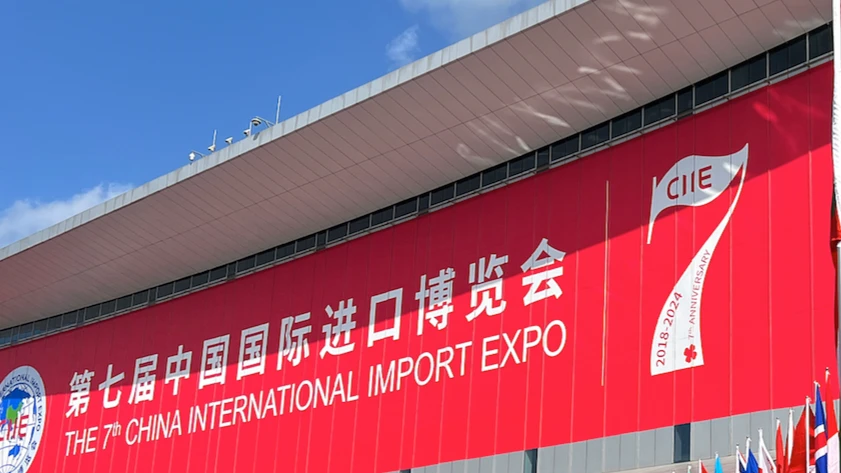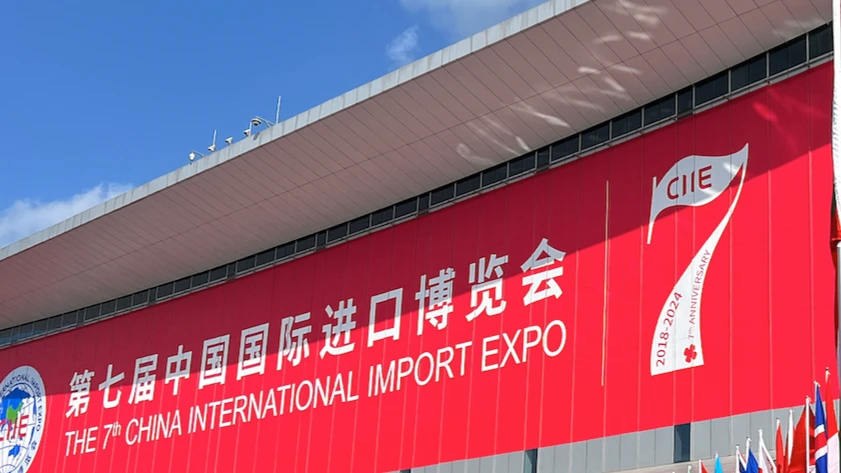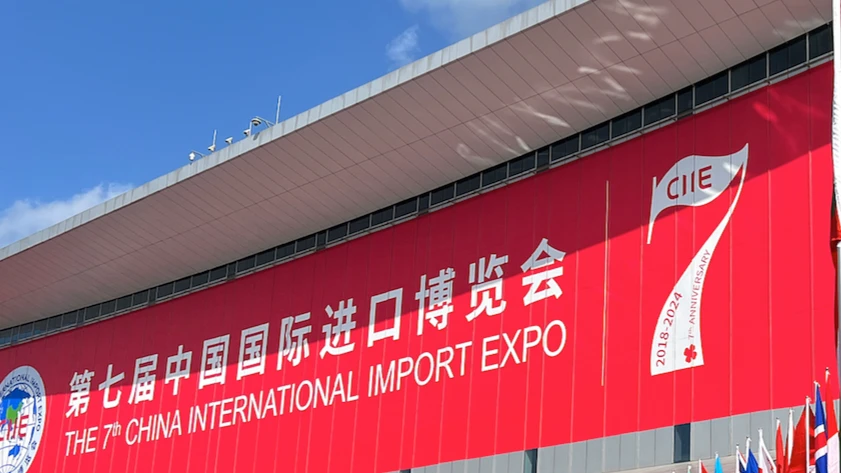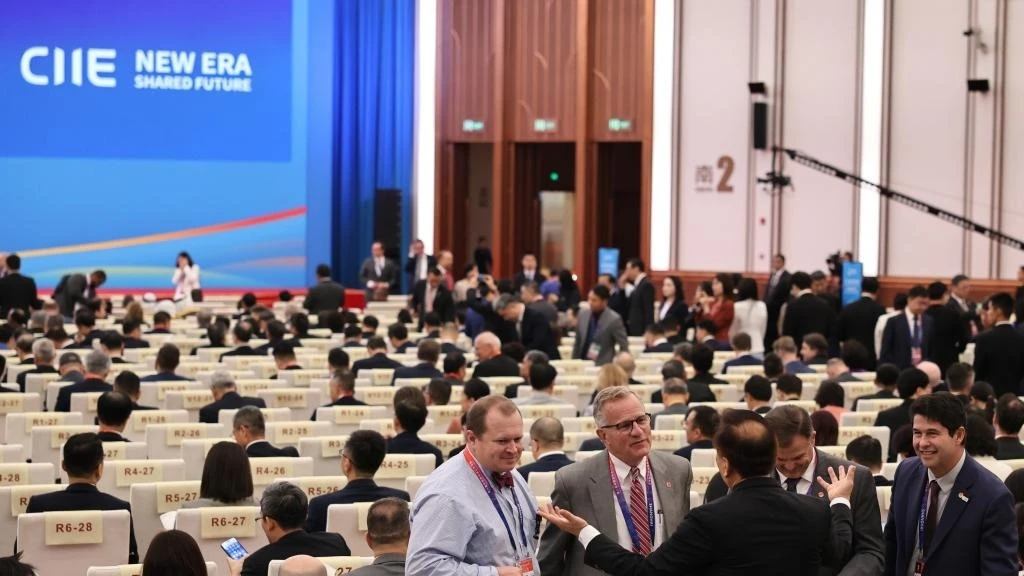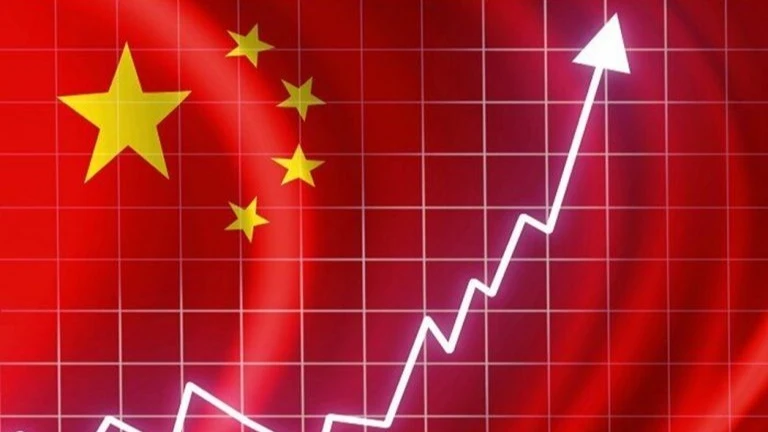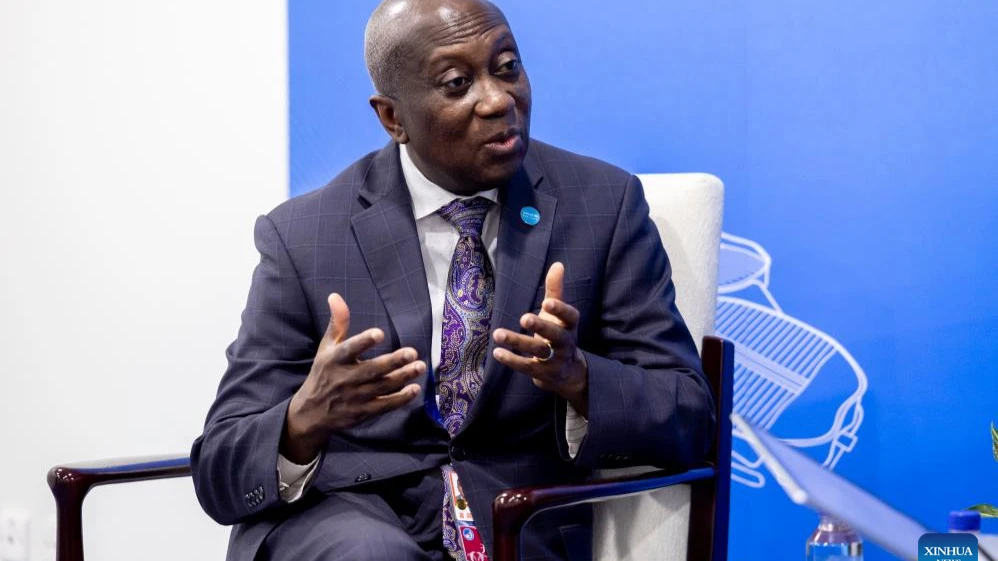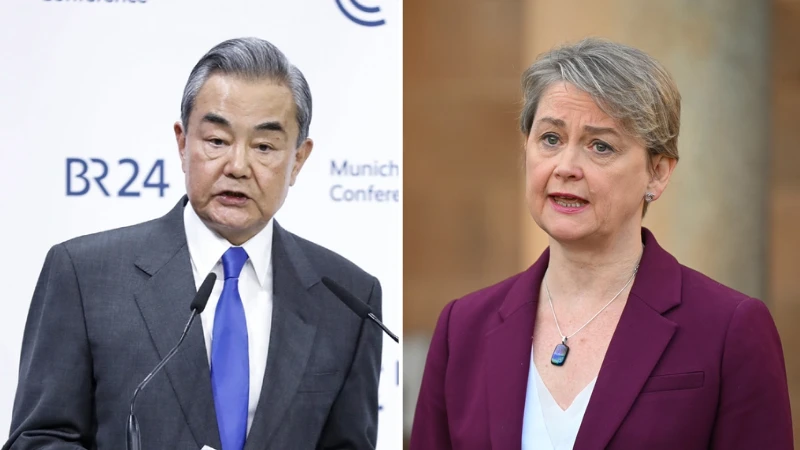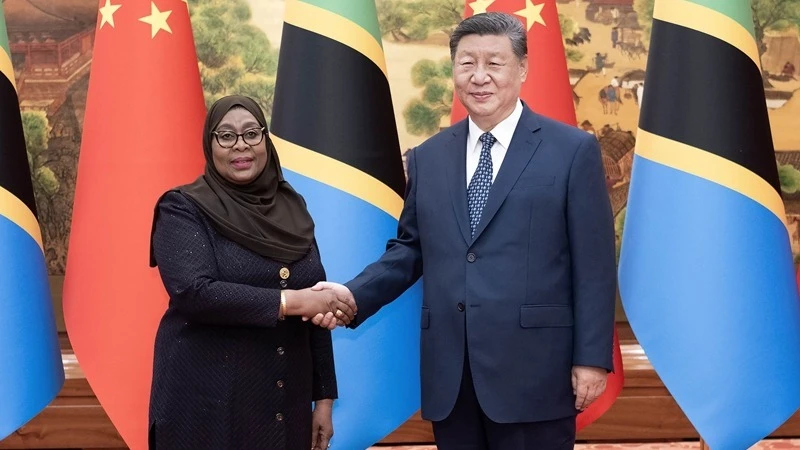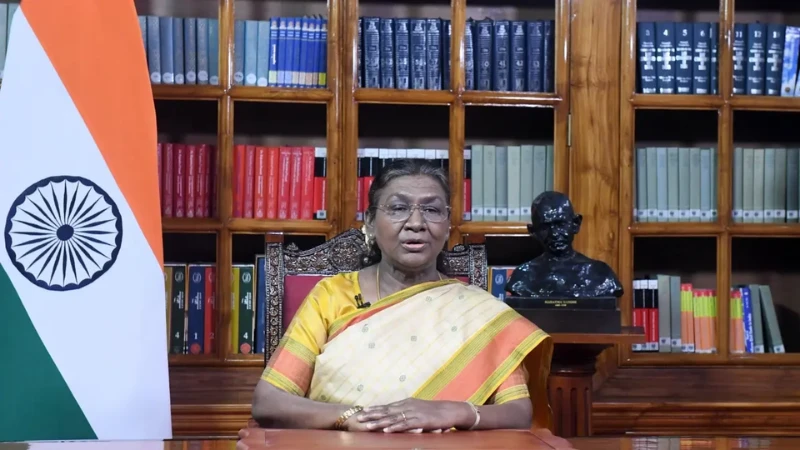(CIIE) Opening doors to shared future -- China's import expo boosts market access, development for least developed countries
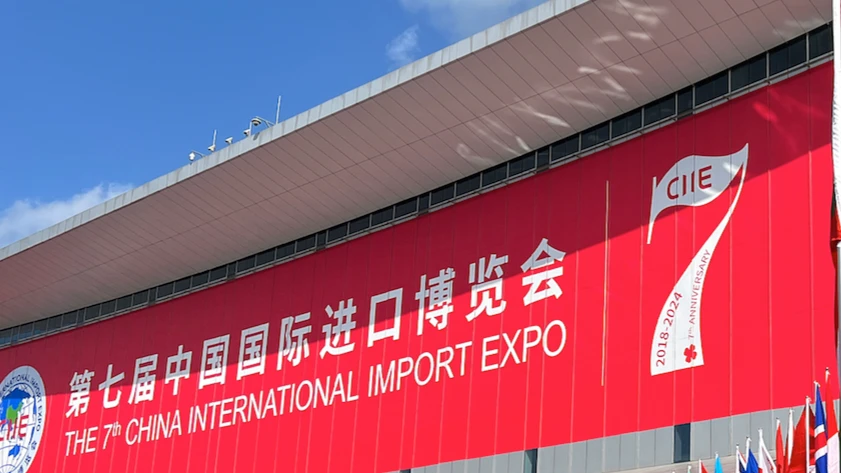
SHANGHAI, Nov. 7 (Xinhua) -- China's annual import expo has been opening doors to the world's least developed countries (LDCs), facilitating not only the exchange of ideas, orders and friendship, but also driving their local development and income growth
At the eighth China International Import Expo (CIIE), which began on Nov. 5 and will close on Nov. 10 in Shanghai, Myanmar entrepreneur Thida Win has been offering her customers spoons of fruit-scented honey, and showcasing byproducts such as beeswax balm and candles.
"The CIIE is a global marketplace in the spotlight. We are looking forward to finding celebrated distributors and unlocking the potential of the Chinese market," said Win, CEO of Plan Bee Social Enterprise.
Although her company has already exported honey products on a small scale to China's border regions, Win is attending the import expo for the second time to gauge market trends and gain greater visibility.
She said the company is committed to fulfilling its social responsibilities by training over 2,000 beekeepers, and by providing equipment and buying honey from them. Acknowledging the CIIE's vision for a shared future, she said, "We expect to boost our production capacity and farmers' livelihood."
Win's booth is in an exhibition area dedicated to products from the LDCs that have diplomatic ties with China, offering a glimpse into how China's preferential policies are supporting small exporters to gain a foothold in the world's second-largest import market. Over 160 enterprises from 37 LDCs are participating in the eighth CIIE -- up 23.5 percent year on year.
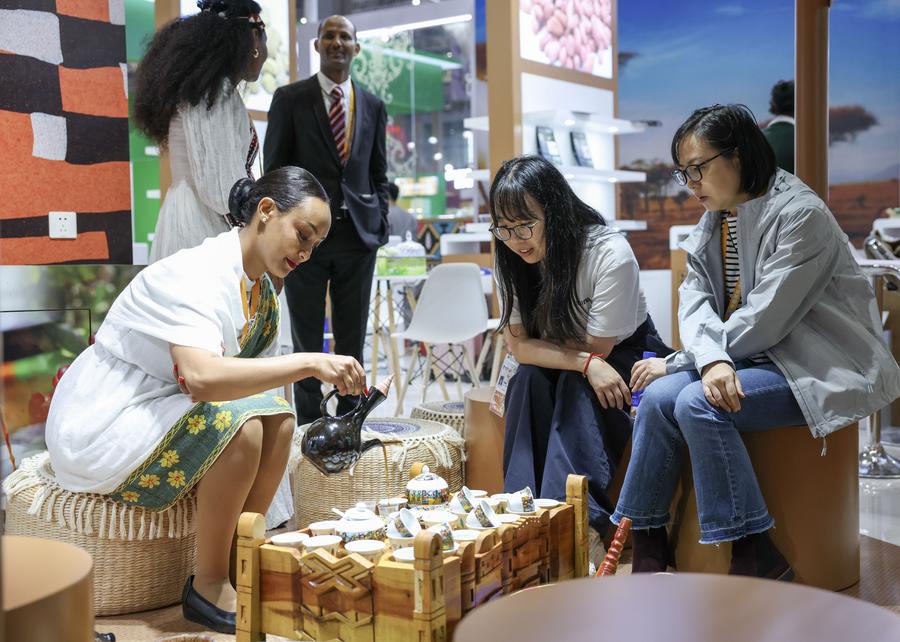
Hamed Rauf is representing Afghan carpet company Qadir Rauf Co. Ltd., which has participated in all eight CIIEs since 2018, said he has secured partnerships with 15 to 20 new dealers at each event.
"I really appreciate that many Chinese like Afghan culture, and we double down on investment in China," he said. The company has established an operations center in Kunming, southwest China's Yunnan Province, and plans to expand its footprint in China's small commodity hub of Yiwu in the eastern Zhejiang Province, he noted.
China began its mutton imports from Africa in 2024, making its first purchase deal with Sino-Malagasy Animal Husbandry (Madagascar) Co., Ltd. (SMAH), a Chinese firm based in Madagascar. SMAH made its CIIE debut at the seventh expo and gained the recognition of distributors.
Last month, Madagascan mutton appeared on the shelves and online platform of Hema Fresh, a Chinese fresh-food retail chain. At the eighth CIIE, staff have been livestreaming the quality and low-fat content of these meat products.
"We have established a full industrial chain for livestock breeding, slaughter and processing. Since last year, we have exported over 400 tonnes of mutton to the Chinese market," said Zhang Ting, executive director general of SMAH.
Over 500 local herding households breed livestock for the company, which has strict quality requirements. According to 43-year-old Madagascan herder Etsara, his cooperation with SMAH has enabled him to expand his livestock herd and earn an additional annual income of 2,000 yuan (about 282.3 U.S. dollars) -- an increase of about 42 percent of the local average yearly income. "China has changed my life," he said.
Beyond the CIIE platform, these small exporters benefit from greater access to international trade networks thanks to China's policy of zero-tariff treatment on 100 percent of tariff lines for the LDCs and African nations that have diplomatic ties with China.
Gerd Muller, director general of the United Nations Industrial Development Organization, noted that China is the most important partner for investment and trade with developing countries, and highlighted China's commitment to multilateralism.
"We appreciate and thank China, especially for zero-tariff access for LDCs," Muller said.
"The Global South cooperation with China offers developing countries greater market chances, and enables technology transfer and industrial development, adding the possibility to end hunger in the world," he said.
Top Headlines
© 2025 IPPMEDIA.COM. ALL RIGHTS RESERVED








